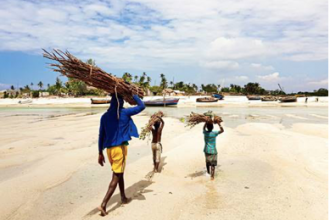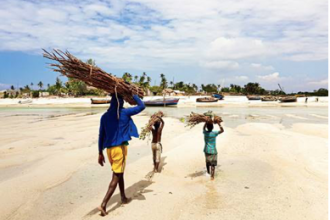
Study identifies ocean financing as means to ensure sustainable ocean economy
A new study has identified ocean finance as key to overcome challenges associated with ocean conservation and sustainability, and move towards a sustainable ocean economy that, as the High-Level Panel…



